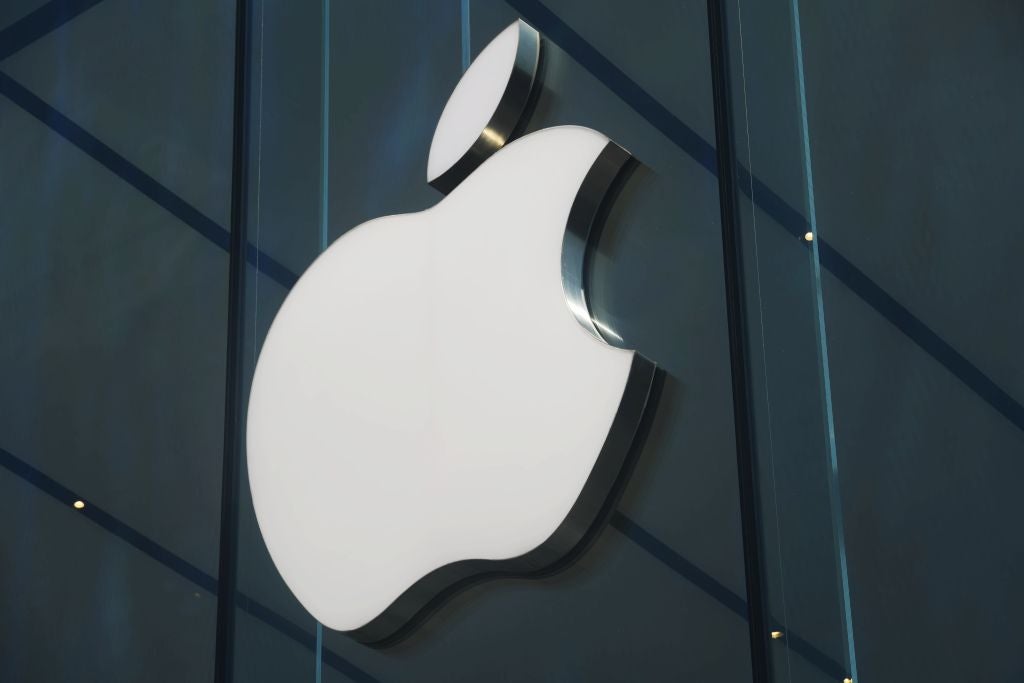
India’s antitrust watchdog will withdraw a report that found Apple abused its dominance in the domestic market, marking a major U-turn from its high-profile probe into the US company.
The Competition Commission of India conducted an initial investigation this year and found that Apple took advantage of its influence over the distribution of digital products, Bloomberg reported, citing sources familiar with the matter.

Access deeper industry intelligence
Experience unmatched clarity with a single platform that combines unique data, AI, and human expertise.
However, the regulator is now withdrawing the investigation’s reporting after Apple said it contained sensitive information and complained that the regulator had shared commercial secrets with competitors such as Tinder-owner Match.
The sensitive information in the report included its sales figures for India which the company has not publicly disclosed.
Apple gave the information to the investigation and believed it would remain private.
“It is imperative that such information be maintained confidential, ensuring that no unauthorised disclosure occurs,” the Competition Commission of India said in a four-page order signed by its top four officials.

US Tariffs are shifting - will you react or anticipate?
Don’t let policy changes catch you off guard. Stay proactive with real-time data and expert analysis.
By GlobalDataApple claims it has low market dominance in India as most of the population uses Google’s Android system. However, the company has been expanding its manufacturing in the country as it looks to decrease its reliance on China.
In 2023, Bloomberg reported that Apple makes close to 7% of its iPhones in India, a significant leap since its estimated production of 1% in 2021,
Apple said it plans to ramp up production in India by more than five times to reach nearly $40bn in the following four to five years.







